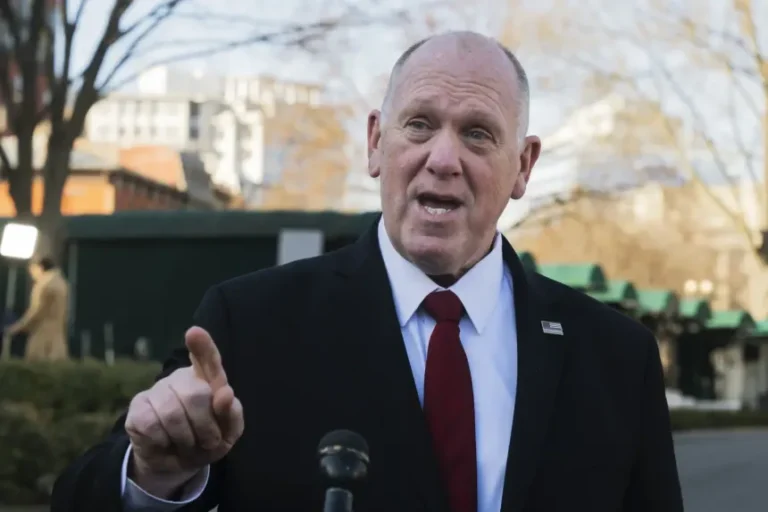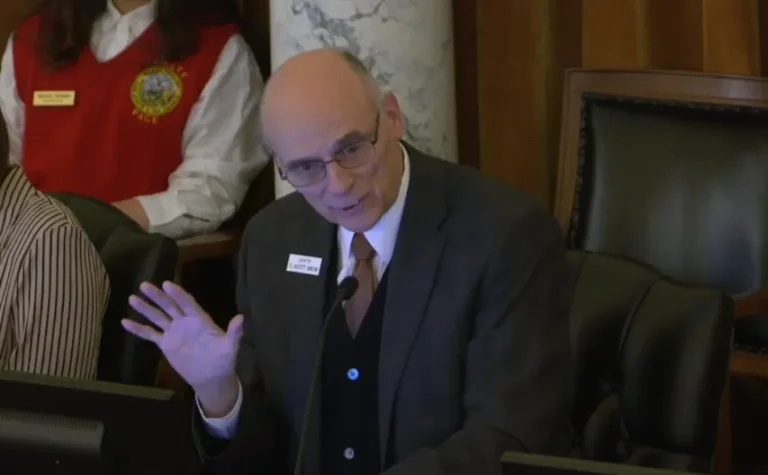
Musk Criticizes Fiscal Impact of Trump’s Signature Legislation
WASHINGTON, D.C. — Elon Musk voiced concern this week over the fiscal implications of President Donald Trump’s latest legislative package, calling the measure a “massive spending bill” in an interview with CBS News. The bill, dubbed the “One Big, Beautiful Bill,” is expected to significantly widen federal deficits, raising questions about the sustainability of recent budget-cutting efforts led by Musk himself.
DOGE Savings Face Overshadowing Deficits
Musk’s remarks come as the Department of Government Efficiency (DOGE), which he led as a Special Government Employee, claims to have identified $175 billion in federal savings. However, independent estimates place confirmed savings at approximately $16 billion — a fraction of the spending projected under Trump’s bill.
- Trump’s bill deficit projection: $3 trillion to $5 trillion over 10 years
- DOGE-estimated savings: $175 billion
- Independent DOGE savings estimate: ~$16 billion
- DOGE savings as % of new deficit (high estimate): ~6% (using Musk’s figure)
Breakdown of the Bill’s Financial Impact
The primary driver of the increased deficit is the proposed extension of tax cuts originally enacted in 2017. The bill also includes:
- Reductions to programs such as Medicaid and clean energy tax credits
- Increases in funding for border security and military spending
While the White House projects a $1.6 trillion deficit reduction, this figure excludes the revenue losses from extending tax cuts, which they argue should not count as new spending.
Political and Economic Debate Continues
Musk’s comments reflect broader concerns among fiscal conservatives that recent legislative decisions could undermine efforts to control government spending. He noted frustration that DOGE’s savings may be offset by future obligations, saying the gains “could be erased overnight.”
Supporters of the bill argue that economic growth stimulated by tax relief and regulatory reform will offset the shortfall. Critics, however, remain skeptical, citing past instances where projected growth failed to meet expectations.





